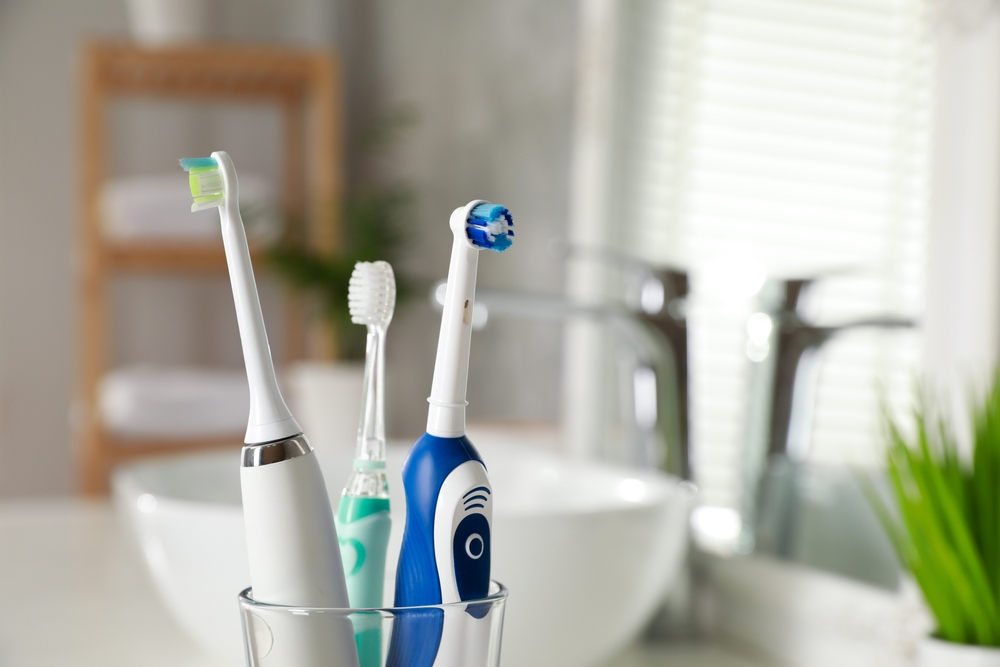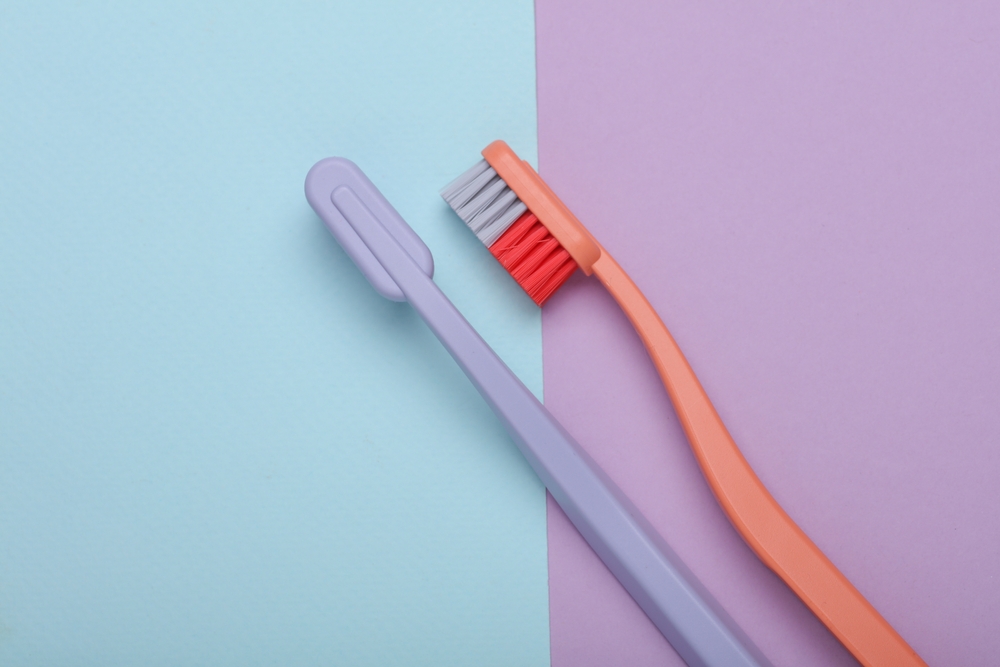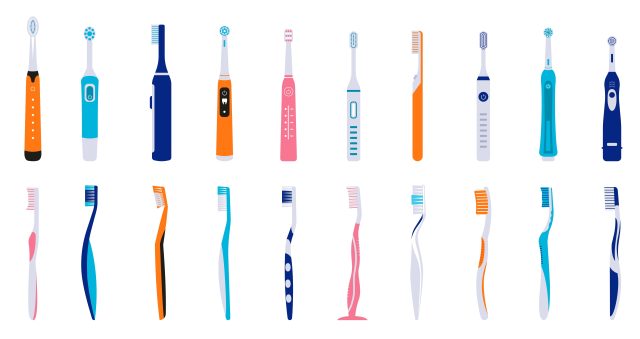Electric or Manual? Your Guide to Choosing the Right Toothbrush
Walk down any oral care aisle, and you’ll see electric toothbrushes promising superior cleaning and healthier gums. But do these high-tech tools really deliver, or is your manual toothbrush just as effective? At our Littleton dental practice, we help patients navigate this choice every day.
Ready to find out which toothbrush actually works best for your mouth? Whether you’re in Littleton, Centennial, Lakewood, or Bow Mar, our dentists in Littleton, CO will give you straight answers based on your specific oral health situation. Call (720) 719-0012 to get personalized advice that cuts through the marketing hype.
The Electric Advantage: What Makes Them Different
Electric toothbrushes can be more effective than manual brushing for plaque removal and gum health, particularly for certain oral health challenges. The consistent motion and higher frequency of electric brushes provide advantages that many patients find beneficial.
The two main types of electric toothbrushes work differently. Oscillating-rotating brushes have small, round heads that spin back and forth, while sonic brushes use high-frequency vibrations to create fluid dynamics that clean beyond where the bristles touch.
For patients dealing with gum disease symptoms like bleeding gums or inflammation, the enhanced cleaning action of electric brushes can make a meaningful difference. The consistent, gentle pressure of electric brushes also helps prevent the aggressive scrubbing that sometimes worsens gum irritation.
When Electric Makes the Most Sense
Certain situations make electric toothbrushes particularly beneficial. If you have limited mobility due to arthritis, injury, or age, the automatic motion reduces the physical effort required for thorough cleaning. Parents often find electric brushes helpful for children who haven’t yet mastered proper brushing technique.
People with braces, dental implants, or complex dental work also benefit from the enhanced cleaning power. The rapid movements can better navigate around brackets and wires, helping prevent the plaque buildup that leads to white spots or decay around orthodontic appliances.
Electric brushes with built-in timers address one of the most common brushing mistakes—not brushing long enough. Most people brush for less than a minute, but the American Dental Association recommends two full minutes. Many electric models include quadrant timers that ensure you spend adequate time on each section of your mouth.


The Manual Toothbrush Case
Before dismissing manual toothbrushes entirely, remember that proper technique matters more than technology. A soft-bristle manual brush used with the correct method can be highly effective. Manual brushes offer portability, no charging requirements, and significantly lower cost—important factors for many families.
Some people actually prefer the control and feedback of manual brushing. You can adjust pressure and angle more intuitively, and there’s no learning curve involved. For those with sensitive teeth or gums, manual brushing might initially feel more comfortable.
Making the Right Choice for Your Mouth
The “best” toothbrush is ultimately the one you’ll use consistently and properly. If an electric toothbrush motivates you to brush longer and more regularly, it’s worth the investment. However, if you’re already maintaining excellent oral hygiene with a manual brush, switching isn’t necessarily required.
Consider your specific oral health needs. If you’re prone to plaque buildup, have a history of gum disease, or struggle with thorough cleaning, an electric brush might provide the extra edge you need. Patients recovering from periodontal treatment often find electric brushes help maintain their improved gum health.
Features Worth Considering
If you decide to go electric, focus on practical features rather than bells and whistles. Look for models with pressure sensors that alert you when you’re brushing too hard—a common cause of gum recession and enamel wear. Multiple cleaning modes can be helpful if different family members have varying needs.
Battery life matters for daily use. Models with long-lasting charges or convenient charging stations reduce the frustration of dead batteries mid-brush. Replacement brush head availability and cost should also factor into your decision, as these ongoing expenses add up over time.
Beyond the Brush: The Real Keys to Healthy Teeth
Electric toothbrushes can offer real advantages, particularly for plaque removal and gum health improvement. They’re especially valuable for people with dexterity challenges, orthodontic appliances, or those who tend to rush through brushing. However, they’re not magic solutions—proper technique, regular use, and routine dental care remain essential regardless of your brush choice.
The most important factors in maintaining oral health are consistency, proper technique, and regular professional cleanings. Whether you choose manual or electric, make sure you’re brushing twice daily, flossing regularly, and keeping up with dental checkups.
Take Action for Your Healthiest Smile Yet
Don’t let uncertainty about your oral health routine hold back your confidence. Every day you wait is another day that harmful bacteria could be silently damaging your teeth and gums. Whether you’re in Littleton, Englewood, Highlands Ranch, or Ken Carrick, you deserve personalized care that puts your smile first. Our experienced team understands that choosing the right tools is just the beginning—what matters most is having a trusted dental partner who will guide you toward optimal oral health. Take control of your dental future today. Call us at (720) 719-0012 to schedule your consultation with our Littleton family dentist and discover the difference professional, compassionate care can make for your smile.
